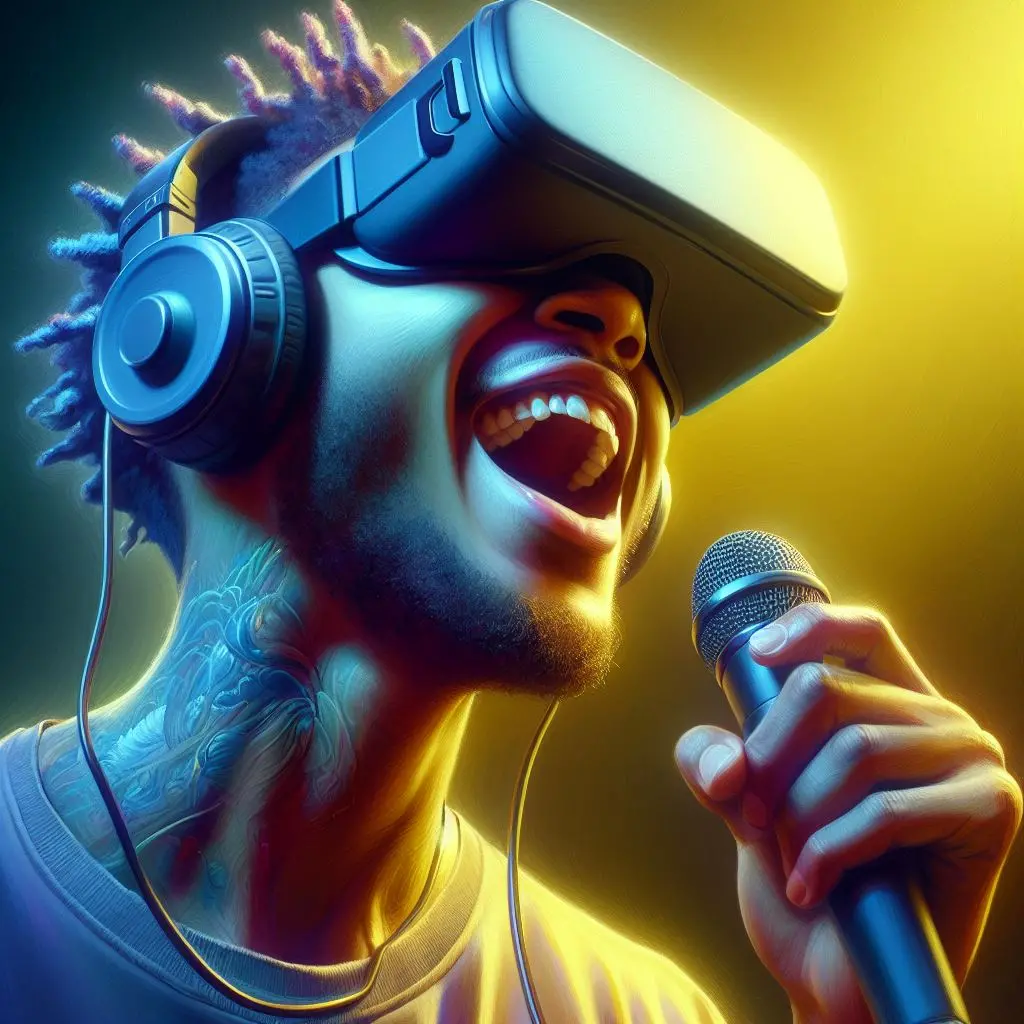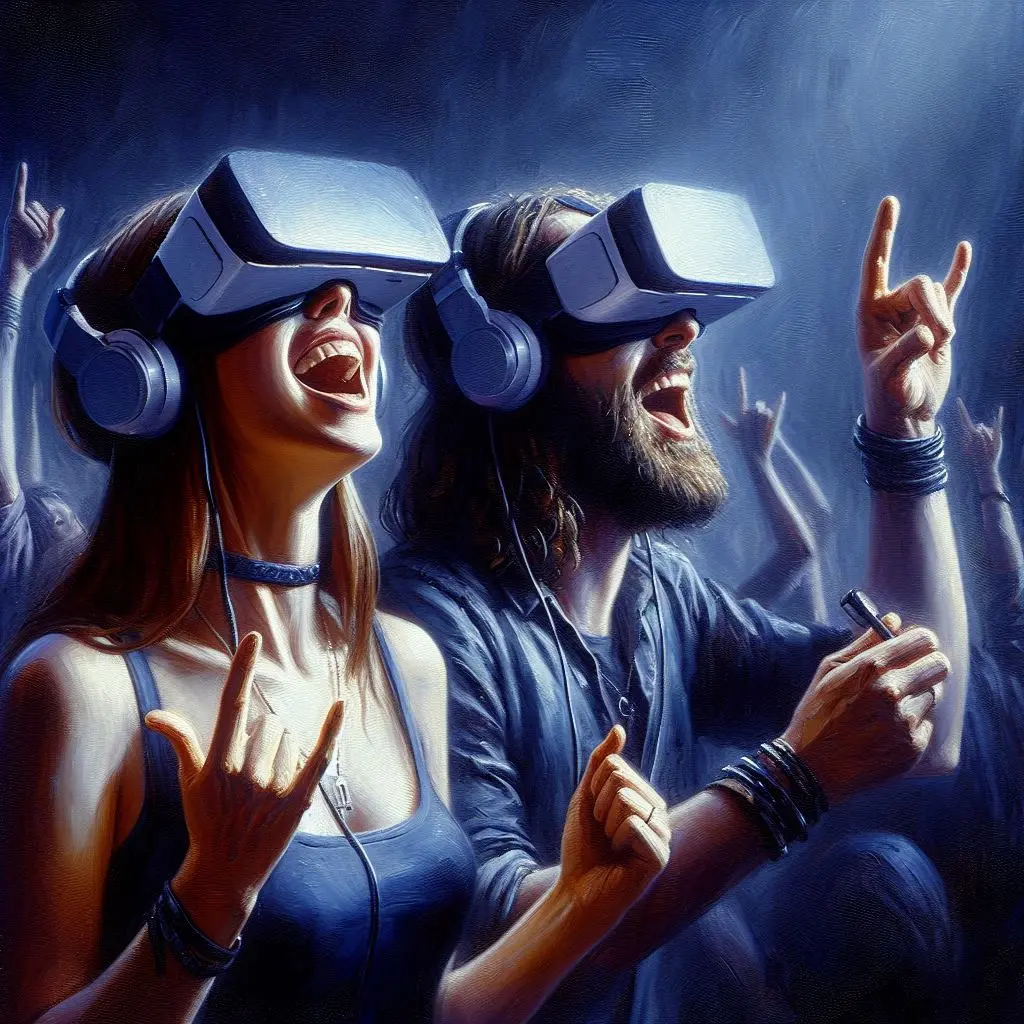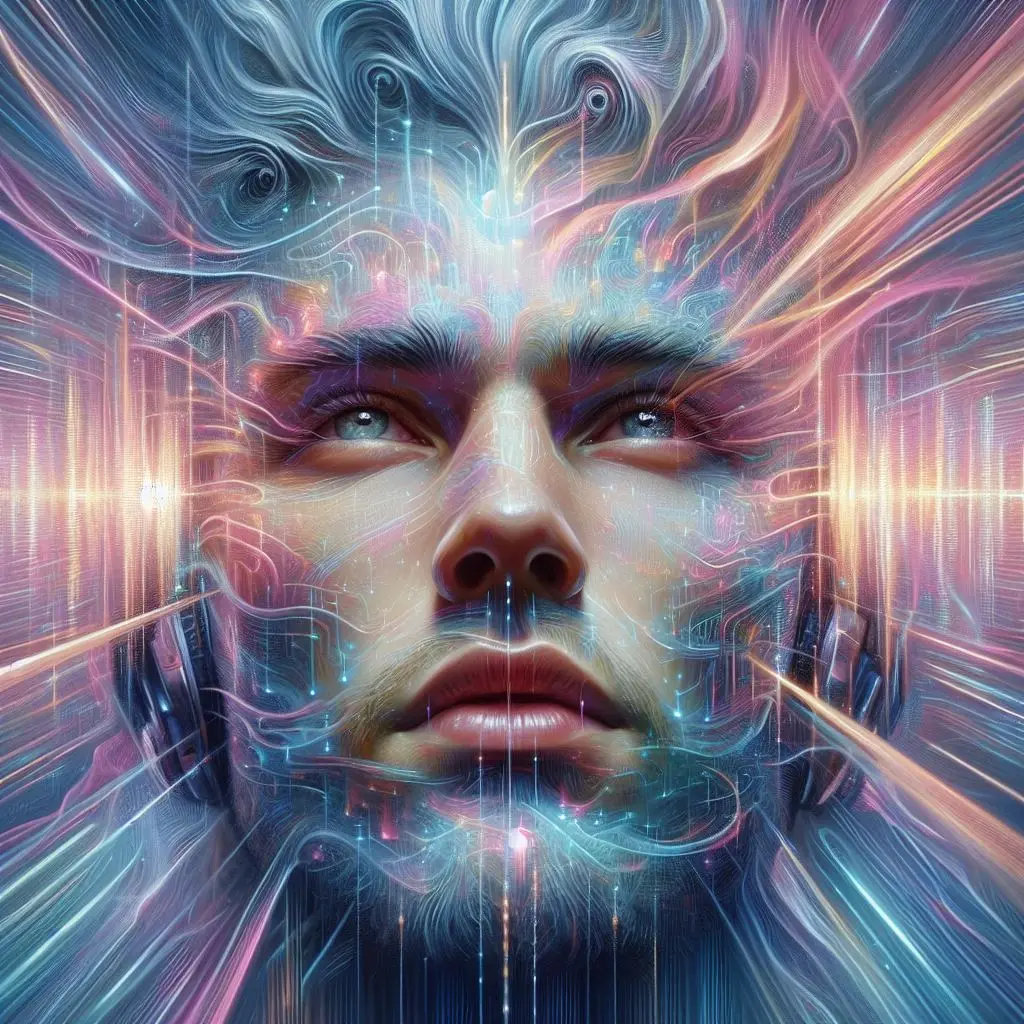Virtual Reality and Augmented Reality in Live Music Performances
Making concerts accessible and fun with VR and AR: A new era for music fans.
There's plenty of talk about technology and its impact on the music industry. Social media and streaming platforms, for example, have completely changed how music distribution works. Touring and live performances are also massive parts of music about to be shaken up by technology.
As an indie artist, live shows are your bread and butter. What if I tell you that soon, you can perform a full show from the comfort of your home? That's where virtual and augmented reality comes in. Social media has allowed us to communicate with people all over the world. The next step is here.
In this article, I'll talk about virtual and augmented reality. I'll explain the basic concept behind both technologies and how they apply in the music industry. If you're big on live shows, it's time to pay attention.
What the fuss is all about
Virtual Reality
Think about video games. You have virtual characters interacting with each other in a virtual world. You can then control how the characters interact with each other from outside the game. Imagine that you could be in the game, an actual character in the game. That's the magic of virtual reality.
Virtual reality allows the user to explore and interact with a virtual environment. You're not really there, but it feels like you are. You can be in a boxing match, actually trading blows yourself, but not sustaining any harm because it's a virtual character you're playing.
There are already VR games available for anyone to play, but imagine a virtual concert with thousands of people in attendance but each from their bedrooms.
Augmented Reality
Virtual reality allows you to play as a virtual character in a virtual world, augmented reality is a bit different. Instead of creating an entirely fictional world, AR adds features to an existing environment. Imagine an empty street with no signs or lights suddenly coming to life once you put on the AR device.
You're in that street in real life. You can get hurt if you run into trouble. But the AR allows you to see things that you'd otherwise be unable to see. At a festival, AR could direct you to restrooms or provide you with a digital map of the entire ground.
Why it's a good idea
No more venues
If social media turned the whole world into a village, virtual reality can turn it into a single house. It would mean concerts and other shows can be held without the need for an actual venue. Just like CDs no longer have to be sold for people to enjoy good music, fans from all over the world can connect to shows without having to travel.
Usually, you have to select venues for tours based on plenty of research. You want cities where you know you have fans. Virtual reality takes care of that in a single sweep. You can have all your fans online with you from the comfort of your home.
Of course, nothing beats the physical experience of actually being there, but it doesn't hurt to have an extra option.

Easier coordination
The amount of logistics that go into planning a show or even a tour can be insane. If the show is done online, however, that cuts the logistics by a ton. Don't get me wrong, it still requires a lot of work, but all the heavy lifting that goes into physical planning is no longer there.
Whether it's a virtual event or a physical event with AR features, technology makes planning and coordination much more seamless.
Different experience
Both virtual and augmented reality provide both artists and fans with a different experience. An entirely virtual event allows us to have a good time without leaving home. The physical connection is always better, but not always possible. Virtual reality offers as close a feeling to reality as possible.
Augmented reality enhances a physical event by adding extra features that would otherwise be impossible. Imagine being able to capture a memory from your perspective. Imagine having access to an entire map without having to check your phone. Imagine changes in the stage or artist's outfit without anyone having to shift a bone. The extra features we get with AR will enhance the experience.

How it would work
Virtual reality events require VR headsets to immerse you in the full experience. So instead of getting only tickets, fans would have to get the headset. That alone is a decent opportunity to make some money for the artist. Once the headset and all its accessories are in place, you nly have to wait for the time to arrive. Make sure you prepare a suitable environment for yourself wherever you are so that you don’t hurt yourself while in “the other world”.
Augmented reality doesn’t rob you of the live experience, but it cann enhance it. Again, it requires some form of headgear so that can be handed out at the gate to ticket holders. In both cases, it opens up partnership opportunities between tech firms and artists. The AR headgear will then allow you to see modified versions of reality such as a change in stage arrangement. If the technology advances far enough into individual personalization, fans might even be able to see different things through their headsets based on what they like.
Models to follow
One platform that is spearheading the shift to AR and VR is Fortnite. They've collaborated with several artists for live shows on their virtual platform. Travis Scott delivered one of the biggest such performances. It was a technological masterpiece. The stage changed with each track, and even his appearance changed regularly. Gamers from all over the world were treated to a massive concert virtually.
Imagine floating through space while a giant rapper delivers your favorite lines. At some point, everyone was submerged underwater for one of the songs. These things cannot happen in a physical live performance. It's an entirely different experience, not necessarily better but also exhilarating in its own right.
Oculus Quest also did something similar with Billie Eilish. Users had the option to pick a solo experience where they'd be alone watching her perform or a social experience where they'd be in a stadium with other users. The show itself was not as impressive as Travis Scott's, but it's also a demonstration of how powerful the technology can be.
Final Thoughts
The technological advance never stops. As we get used to one invention, the next one is already beckoning. VR and AR are already being practiced, but it will take longer to apply them effectively in the music industry. That said, the future looks exciting.
As an artist, it's up to you to anticipate the changes a new technology will cause in the industry. If you can learn to anticipate the changes, you can position yourself properly to take advantage. I suggest starting to learn more about VR and AR and how to apply them in your peculiar case.
New technology always pushes some people forward while leaving some people behind. It falls to you to decide which group you'll belong to.
Blog Article Tags
technology industry virtual augmented basic concept show tourMore Articles
Where To Find Good Indie Music - If you're a long time fan or first time listener of Indie music, we'll show you the best methods for discovering the music you love.
Is Billie Eilish Indie? - Billie Eilish had a meteoric rise but is she truly an indie artist? Let's find out.
Common Mistakes of Beginner Indie Artists - Let's explore the most common mistakes indie artist make when starting out.
Can Christians Listen to Secular Music? - Let's look into the different sides of the gospel secular music scene.
What's The Key For a Great Music Live Performance? - Let's explore live performances and a musician's preparation mindset.


